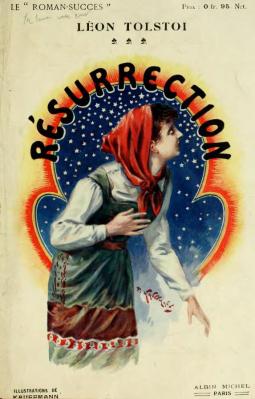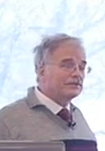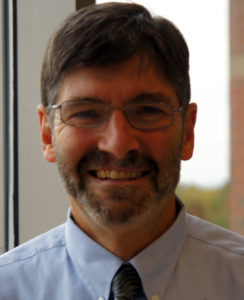 Resurrection (1899)
Resurrection (1899)
By Leo Tolstoy
This late 19th-century novel about nobleman Dmitri Ivanovich Nekhlyudov’s efforts at redemption after a life of sin is Tolstoy’s last major novel before his death in 1910. The readers will have a complex relationship with the tormented protagonist and his desperate attempts at redemption and forgiveness, since Nekhlyudov’s misguided decisions and youthful errors are often not so dissimilar from our own. Resurrection is a scathing exposition of the myriad prejudices of the man-made justice system and the hypocrisy of the establishment, while it also explores the economic philosophy of Georgism – of which Tolstoy had become a strong advocate toward the end of his life. [from the Culture Trip]
Political Economy Book Club discussions are open to everyone interested, without charge, and the text (in English translation) is available free from various sources including archive.org, who also offer a free audiobook. There is also a more recent translation by Anthony Briggs, which can be purchased or licensed in various formats and is available in some public libraries. Any questions about the PEBC may be directed to Convenor Bob Matter,
In the 19th Century, Henry George proposed to end poverty by recognizing a clear and logical distinction between private property and community property. America took a different path, but George’s proposal remains valid and would still provide widespread prosperity. Chuck Metalitz explains.
Attendees at this free event will have the opportunity to sign up for the Progress & Poverty course which examines these ideas in much greater detail.
In the 19th Century, Henry George proposed to end poverty by recognizing a clear and logical distinction between private property and community property. America took a different path, but George’s proposal remains valid and would still provide widespread prosperity. Chuck Metalitz explains.
Attendees at this free event will have the opportunity to sign up for the Progress & Poverty course which examines these ideas in much greater detail.
“The purpose of Newspeak was not only to provide a medium of expression for the world-view and mental habits proper to the devotees of IngSoc, but to make all other modes of thought impossible. It was intended that when Newspeak had been adopted once and for all and Oldspeak forgotten, a heretical thought – that is, a thought diverging from the principles of IngSoc – should be literally unthinkable, at least so far as thought is dependent on words.“
— George Orwell

Something like this has happened to the field of economics, says Dan Sullivan. Terms which had clear meanings to Adam Smith, J S Mill, and other classical economists have got distorted and redefined– or obliterated– to prevent serious discussion of economic issues. Going back to the roots of political economy, Dan suggests the real point of a proper science of economics would be to efficiently satisfy the desires of the people, both individually and collectively.
Dan will help us distinguish between “rights” and “privileges,” “investments” and “acquisitions”, and several distinct concepts that all get called “wealth.” He’ll address the difference between “means of production” and “capital,” and differentiate “human capital” from modern slavery.
You can understand today’s economic issues such as minimum wages, tax policy, international trade, housing costs, and unemployment, but only if you have a clear idea of the fundamental terms. These terms can be readily comprehended by ordinary people and do not lead to any particular “left” or “right” public policy, but they facilitate informed communication.
There will of course be time for questions and discussion.
Based in Pittsburgh, Dan Sullivan is a popular speaker on economic issues, and Director of Saving Communities

ProPublica Illinois investigative reporter Jason Grotto (formerly with the Chicago Tribune) has produced several major research stories about problems with real estate assessments in Cook County, as well as with the Assessor’s office itself. He’ll join us to talk about how and why he undertook this work, what’s wrong with the Assessor’s office and how it could be repaired, how the property tax would function if it were competently administered, and, if we’re lucky, how the tax could be restructured to improve fairness and better fund public services while promoting economic opportunity.
Join us to learn about some of the practical difficulties in bringing competence and efficiency to the administration of what could be a very fair tax.
PREREGISTRATION MANDATORY: Due to building policies you must pre-register by email or or by phoning us at 312 450-2906

Ron Baiman will speak on taxing the rentier sectors to achieve the necessary reallocation of economic resources and investment. Mr. Baiman is an economics professor at Benedictine University,
Registration is required for this free event.
